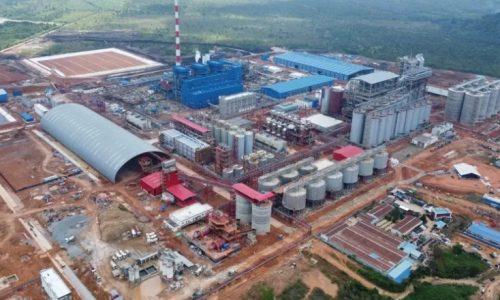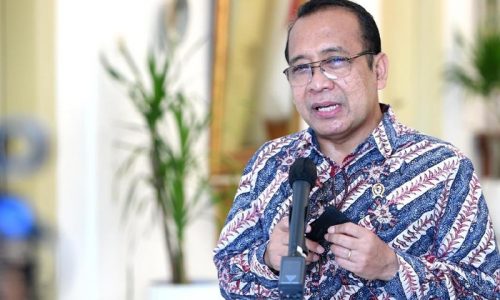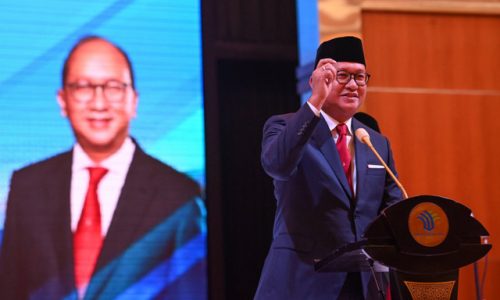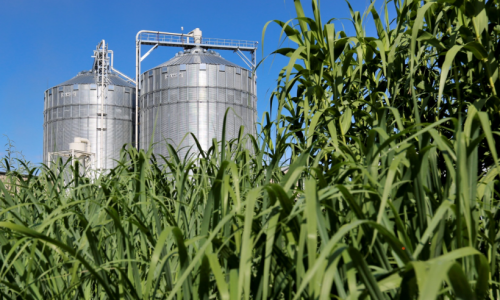MIND ID, a state-owned mining holding company, is actively promoting its subsidiaries to diversify into renewable energy business ventures.
One of its subsidiaries, PT Bukit Asam Tbk (PTBA), has undertaken several initiatives to embrace renewable energy sources, particularly solar power.
According to Heri Yusuf, Corporate Secretary of MIND ID, the company is committed to transforming through business diversification, aiming to become a globally integrated and sustainable energy and chemical enterprise. This strategic move includes venturing into the renewable energy sector.
PTBA has successfully reduced carbon emissions by establishing two Solar Power Plants (PLTS). The PLTS at Bali Mandara Toll Road, with a capacity of 400 Kilowatt-peak (kWp), was inaugurated in September 2022. Additionally, a PLTS was installed at the Airport Operation Control Center (AOCC) building of the Soekarno-Hatta International Airport.
The renewable energy facilities consist of 720 solar panels with photovoltaics, providing a maximum capacity of 241 kWp, installed at the AOCC building. The PLTS has been in full operation since October 1, 2020.
Building on the success of the PLTS projects at the Bali Mandara Toll Road and the Soekarno-Hatta Airport, Bukit Asam and Jasa Marga signed a Memorandum of Understanding (MoU) extension on February 24, 2023 for further PLTS developments along other toll road areas managed by the Jasa Marga Group.
Moreover, PTBA and PT Timah are exploring potential collaboration for PLTS development at Timah’s operational sites as part of MIND ID Holding synergy. PTBA, through its subsidiary PT Bukit Energi Investama (BEI), will construct PLTS to support PT Timah’s operational activities.
The electricity generated from the PLTS will be utilized for production operations (dredging vessels), lighting, and office facilities, contributing to emission reduction and more efficient energy costs.
Furthermore, PTBA is also exploring potential PLTS development collaboration at Semen Indonesia Group (SIG) operational sites. This project aims to fulfill the energy needs of PT Semen Padang’s operational activities.









